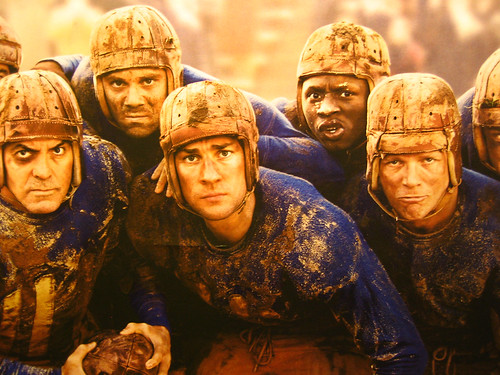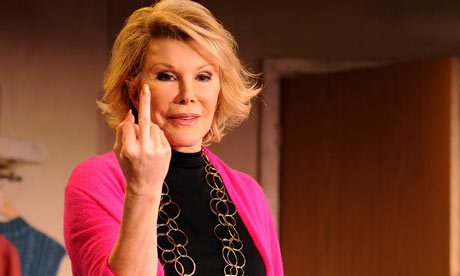By The Week

The manager insisted on No Smoking. "Gotta keep it fresh for the next stranger," he said, pushing his shoulder into the stuck door.
The website said hotel, but this was decidedly motel, a roadside Norman Bates joint. The manager was older than Bates, more engaging, but he thought himself funny, kept trying to make the guy laugh. Short riffs off his bad jokes was all he got back. The guy was in no mood to laugh, especially at an amateur.
Still, the guy felt empathy for the manager. Was this how he envisioned his life twenty years ago? Ten? Maybe the manager was happy renting out dank rooms. He seemed content. It could also be resignation, make the best of it. The guy had no real standing to judge him. Sooner or later we all surrender.
The second-floor room smelled of mildew and dirty carpet. The furniture was worn, patchy. It probably hadn't been redecorated since the late-80s. A large framed print of Gauguin's The Siesta hung over the couch. Some old show at Met in New York. The guy smiled. New York. This dump was light years from there.
"This is one of our best suites, probably the best," the manager boasted. It was essentially a one-bedroom flat, small kitchen attached. Plenty of space. Not that the guy needed it. The manager modeled the rooms, arms waving, pointing. He sure loved to talk. The guy nodded, thanked him and yawned, hoping the manager would get the hint and leave.
"Well, if you want anything, anything, just dial zero. I practically live here."
The manager finally left. The guy wondered what that second anything meant. He bolted the door and went into the bedroom.
No Smoking? Menthol would sweeten this air. The guy checked the bedroom ceiling. No smoke detectors. Just one in the front room. Perfect. The window looked over a snow-covered vacant lot. The guy opened it, lit a fat roach, blew smoke into the frigid air. Unlike the room, this weed was clean, pure. It lightened his dark mood. He clicked on the TV, surfed, stopped at a Christian station airing shows from the 1970s. The burnt orange/peach/turquoise dresses and leisure suits matched the room's decor. The guy knew not to fuck with a theme when he saw one.
Christian television had barely changed in three decades. Same sermons. Same smiles. Many of the same songs. The guy popped a beer he brought with him, took a deep swig, laid back to hear how Jesus would better his life. Jesus lived in worse conditions and kept his spirits up. What was the guy's excuse?
A line of white Christian women with feathered peroxide hair spread across the screen, broke into Put Your Hand In The Hand. This delighted him. The guy bounced off the bed onto the stained floor, singing along.
"Put your hand in the hand of the man who stilled the water
Put your hand in the hand of the man who calmed the sea
Take a look at yourself and you can look at others differently
By putting your hand in the hand of the man from Galilee."
Two singers looked delectable. Cute Christian girls aching to sin off-camera. They were probably in their fifties by now. He'd still take them.










